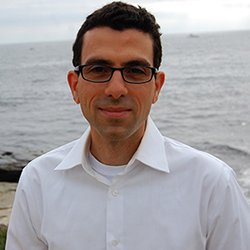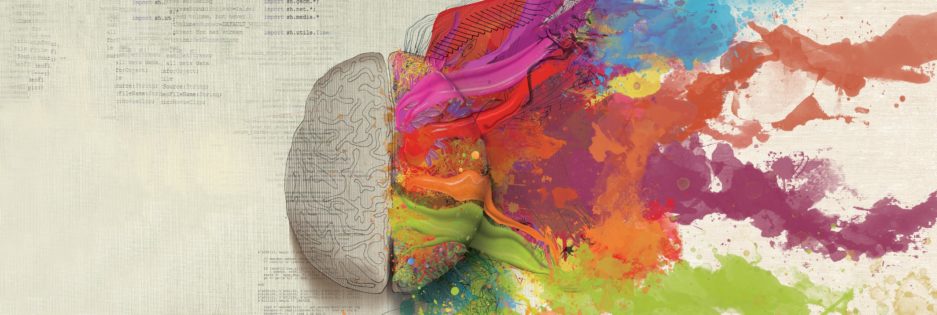In this column, I ask neuroscience professors from around the world the same five questions. Read on to learn more about their research, careers and goals for neuroscience in the future.

Interview with Dr. Tiago Gonçalves, Ph.D
Assistant Professor, Department of Neuroscience and Stem Cell Institute
Albert Einstein College of Medicine, Bronx, NY, USA
Dr. Gonçalves obtained a BSc in Physics from Imperial College, London and a PhD in Neuroscience from the University of Göttingen (Germany). He did his dissertation research work in the lab of Prof. Walter Stühmer at the Max-Planck Institute for Experimental Medicine. He moved to California for his postdoctoral training in the labs of Dr. Carlos Portera-Cailliau at UCLA and Dr. Fred Gage at the Salk Institute. Dr. Gonçalves joined the faculty of the Albert Einstein College of Medicine in 2016.
1. What inspired you to pursue neuroscience as a career? I’ve always wanted to work in the field of science or engineering and I’ve always had an interest in how the brain works, but before the final year of my undergraduate studies I never thought I would pursue a career in neuroscience. I studied physics and one of the elective courses for our final year was “Biophysics of brain cells and networks”. The course and the professor were really good, and that really convinced me to pursue a PhD in this field.
2. What do you think is the most important goal of neuroscience research? I think there are different goals, depending on whether you approach it form the medical perspective or the fundamental science perspective. From the medical side, I think there’s an acute need for new approaches for treating neurological and mental health disease. These range from schizophrenia to Alzheimer’s and we have a still very limited set of tools to address these diseases. From the science side, I there’s a lot that we still don’t understand about how the brain works, although we have made tremendous progress over the years. For example, I think most researchers would agree that we still have a rudimentary understanding of how memories are made, stored and recalled in the brain. How how neurons choose which connections to make.
3. What are the main topics and goals of your research? I study the hippocampus, a part of the brain that is involved in memory and learning. One particular aspect about the hippocampus is that it is of the few areas to add new neurons through adulthood. I am fascinated by the concept of adding new neurons to the brain because of what it can potentially teach us about using new neurons for brain repair (what is known as regenerative medicine). How do these new neurons carve out space for themselves and make connections? Are these connections meaningful? Do they dislodge the synapses of older neurons and compete with them?
4. What accomplishment do you think is the most important out of your own research? One of our recent findings was that new neurons undergo a period of overgrowth and pruning during their development. In a way, we suspected this already. It seems that most, if not all neurons do it. But we were able to image this process as it happens, which opens up a lot of new questions. The process of establishing new connections or synapses is very complex and involves multiple molecular pathways, but why do neurons need to “try out” new dendritic branches and why do they remove them? There’s some type of optimization going on here, but we don’t know what these new neurons are optimizing for.
5. What do you hope to accomplish in the next 10 years in the field of neuroscience? I think I would like to see us be able to transplant new neurons into the brain and have some control over the type of neurons they become, and the connections that they make. Many labs are working on this and there’s even some clinical trials in humans, but I think everyone would agree that these are still the baby steps of regenerative medicine, as far as the brain is concerned.
Bonus question: What is your advice to a teenager who wants to learn more about neuroscience?Try to work in a lab! If you’re interested in science I think it’s great to try and find a lab that will allow you to do an internship over the Summer or after classes. We always try to accommodate requests from high schoolers.
